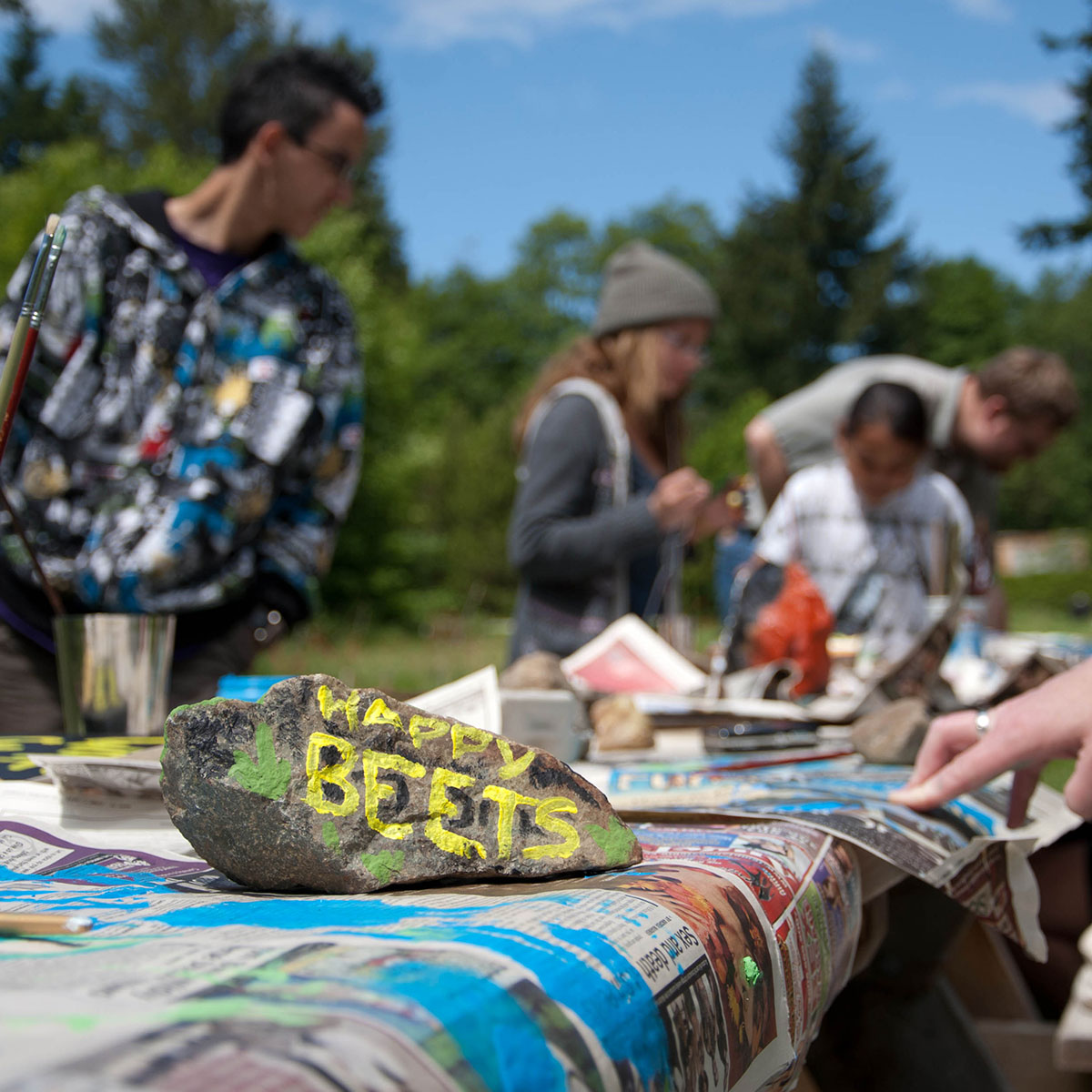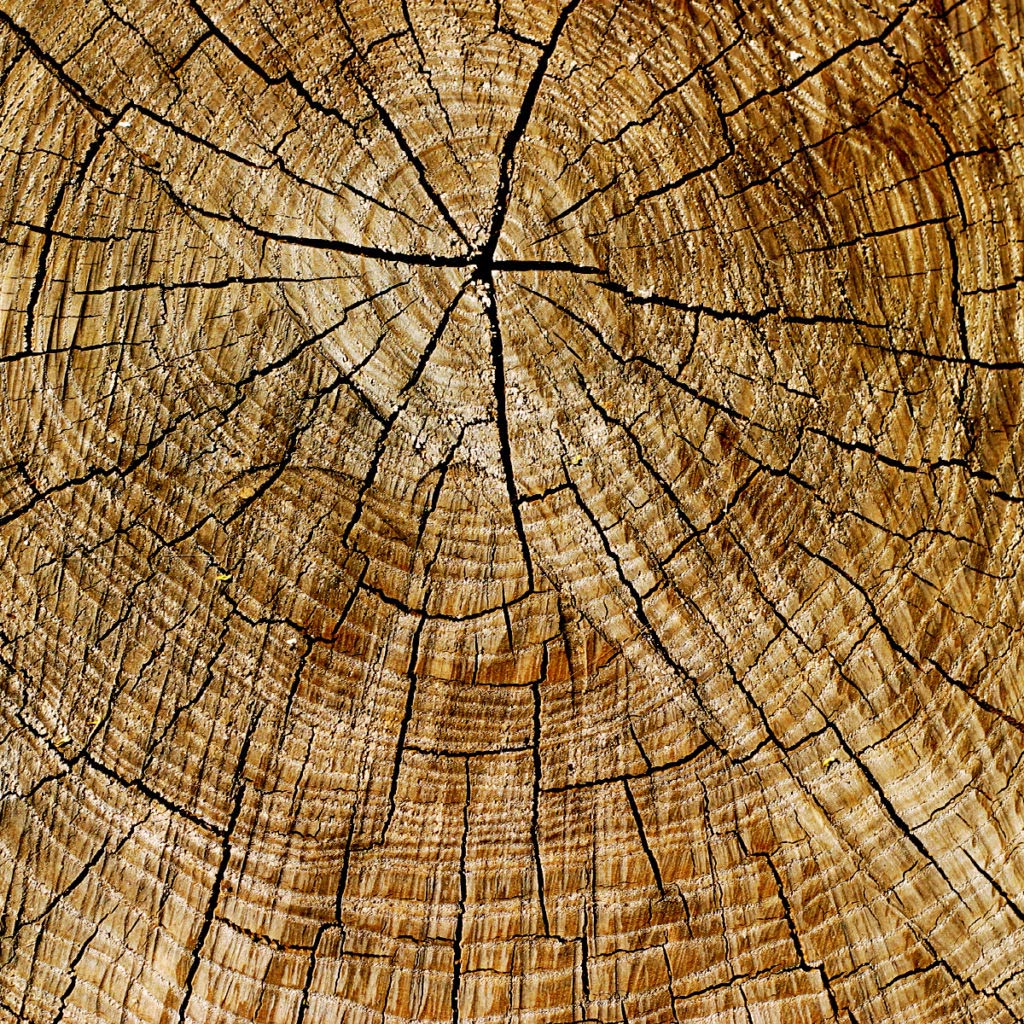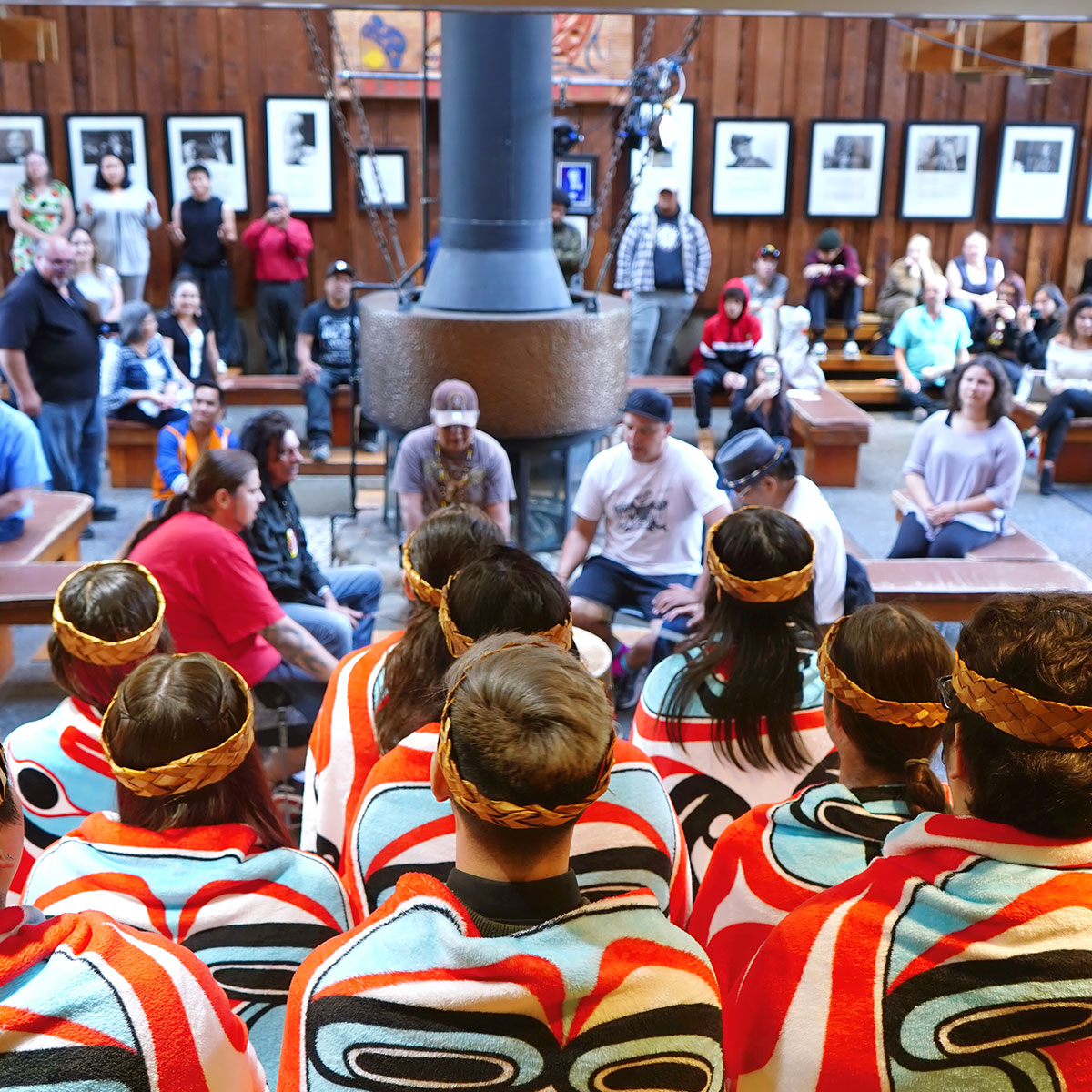We believe in the inherent right of Indigenous children and youth to be grounded in their histories, families, and communities, and thus strive to provide a range of culturally-relevant programming to Indigenous children and youth as they age through the care system.
The Culturally Relevant Urban Wellness (CRUW) program was developed in 2011 by a community partnership – led by VACFSS – interested in promoting the use of green space as a source of wellness and concrete skill development for vulnerable youth. The program is grounded in the concept of food as medicine, and the Indigenous perspective that we derive wellness and community from relationship and interaction with land and territory. The CRUW program has three programming streams:
The programming streams aim to work towards four program objectives:
- Honouring Our Diversity, with an emphasis on applying ancestral Indigenous knowledge and practice to contemporary urban living.
- Holistic and Sustainable Urban Wellness, with an emphasis on food security, food sovereignty, and empowering youth to access green space in their communities as a source of wellness and concrete skill development.
- Emotional and Cultural Competence, with an emphasis on breaking down stereotypes, bullying and discrimination.
- Youth Leadership & Mentorship, with an emphasis on promoting self-esteem, positive identity formation, and skills and capacities to support the transition into independent living.
A Day at CRUW
CRUW runs every second Saturday from March to October. The program includes youth aged 12-15, with a focus on engaging Indigenous youth in care. Youth work with Indigenous Elders and Knowledge Keepers, program staff, and other professionals in wide range of activities. Each session includes: one garden-based activity and two other culturally-relevant activities.
Developing a connection to land and cultural practices are vital components of identity and in intricately tied to health and wellness for Indigenous peoples.
Each day on the farm begins in an opening circle which is led by an Elder. Afterwards, the youth break into their three groups and begin the day’s activities. In the garden, the youth learn to plant seeds, transplant seedlings into their plots, and care for both edible and non-edible plants. During the harvest period, youth learn to cook, process and preserve their yields. Non-edible plants are transformed into medicinal teas, salves, and other products.
Culturally-relevant activities vary from year-to-year and depend on the diversity and interests of the cohort.
Topics could include: restorative justice and anti-bullying, Indigenous oral history and dance, drum making, smoking salmon, food preservation practices, and cedar weaving, among others.
Culturally-Engaged Programming
Systems of care contribute to familial, cultural, and land-based disconnections for Indigenous peoples on and off reserve, with urban Indigenous populations encountering distinct challenges in this regard. Developing a strong cultural identity as an Indigenous person positively influences a young person and contributes to self-esteem, confidence, and overall health (mental, emotional, physical, and spiritual).
Developing a connection to land and cultural practices are vital components of identity and in intricately tied to health and wellness for Indigenous peoples.













